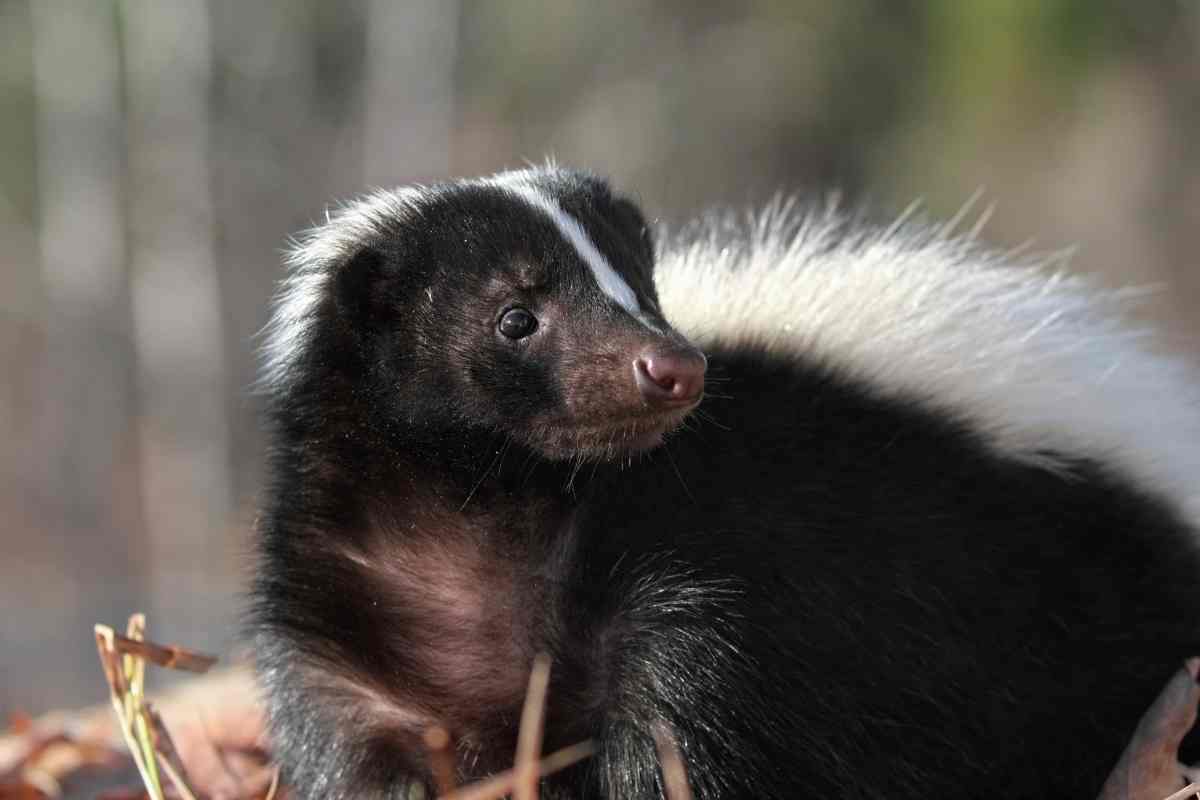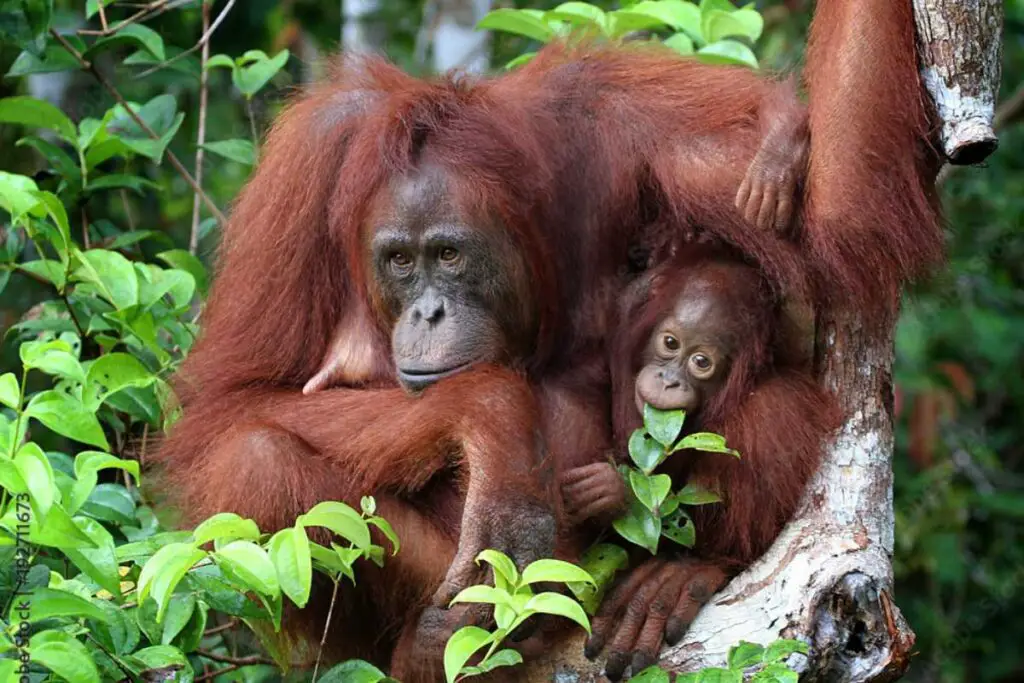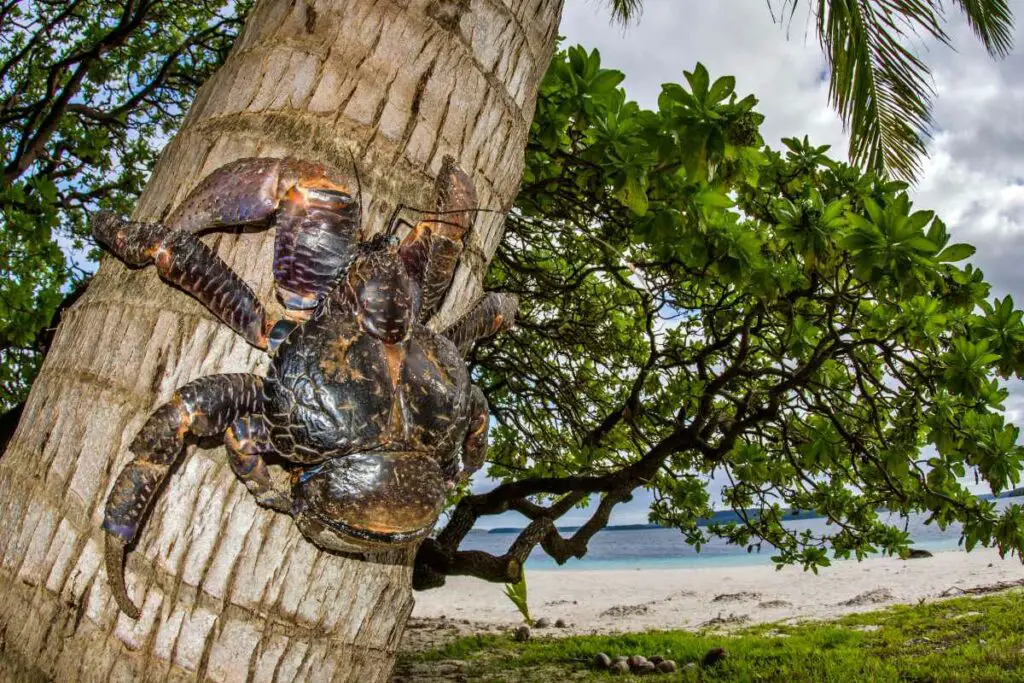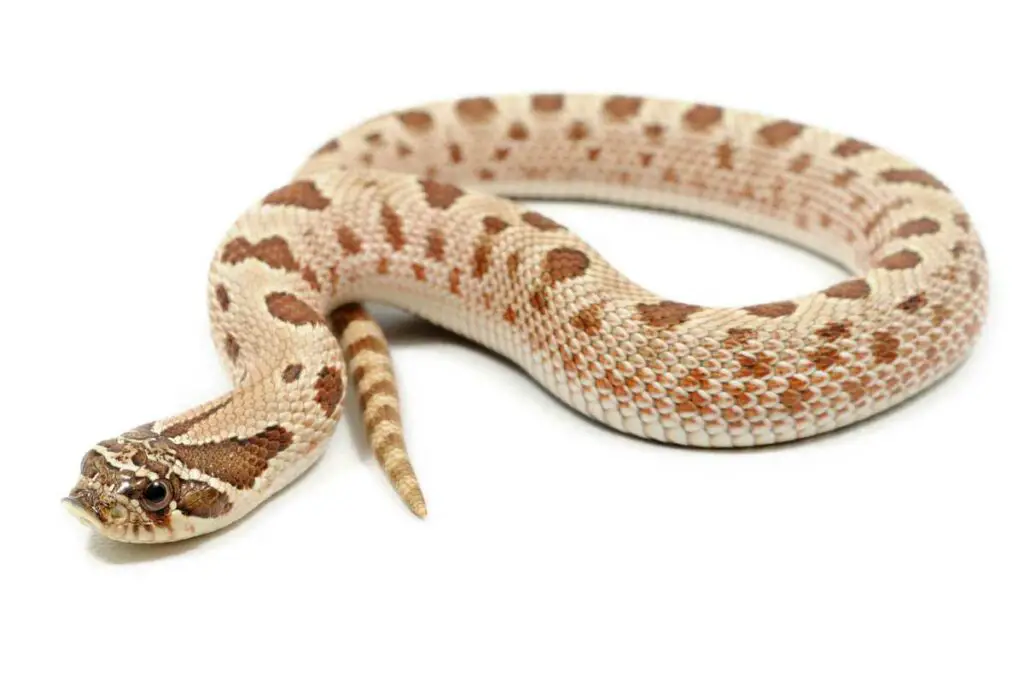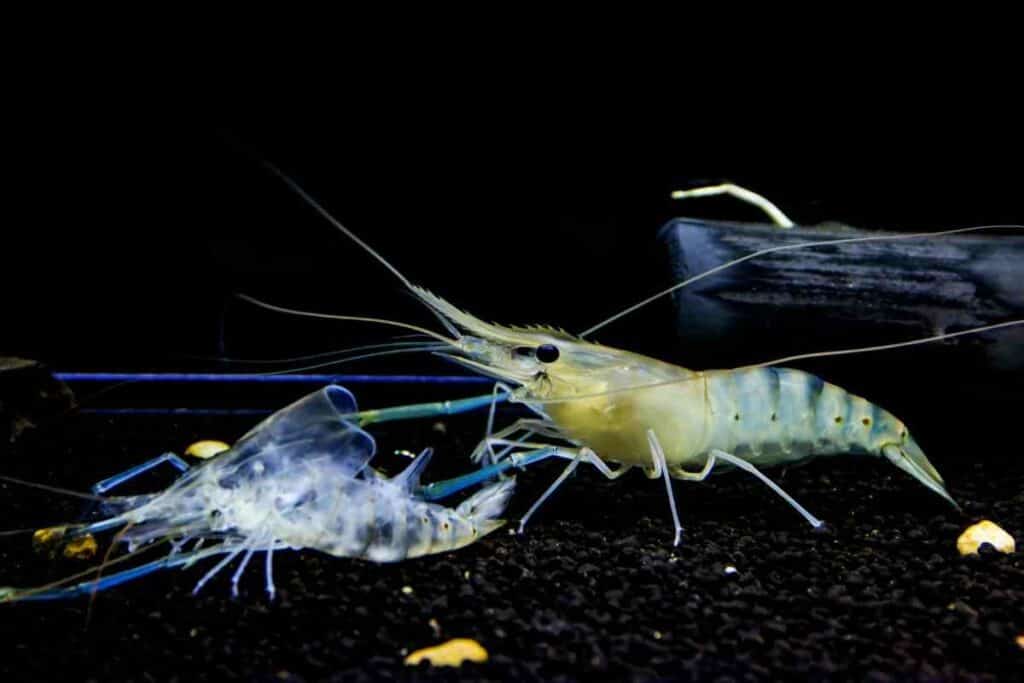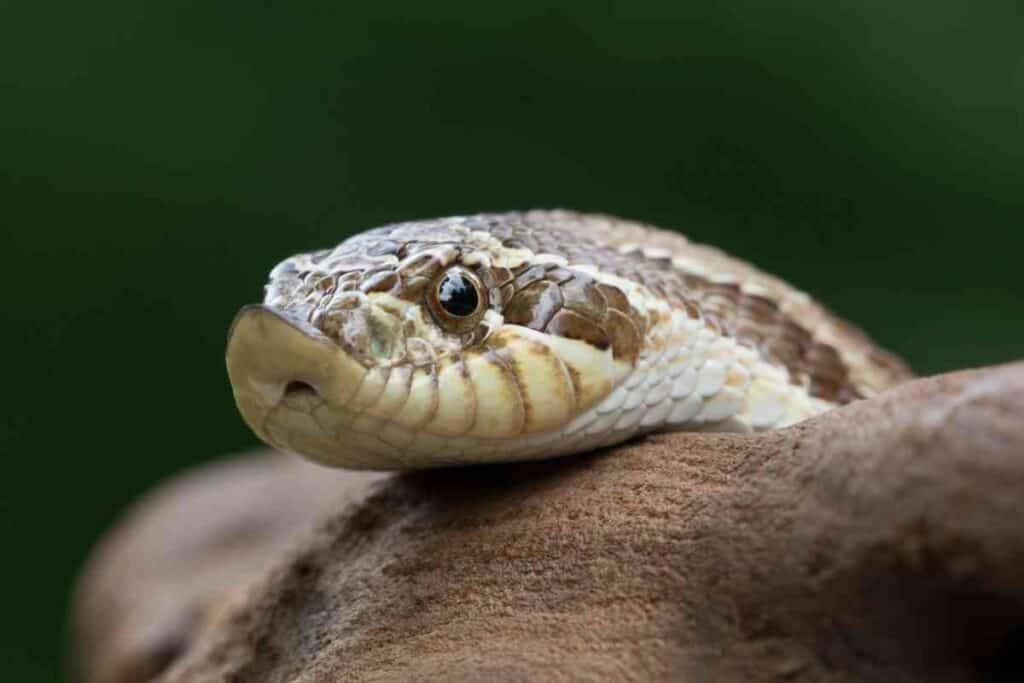Yes. Skunks are omnivores and have adapted to eat all kinds of insects as well as plant life. Usually, this feeding behavior is dependent on various weather factors. During warmer months, skunks will focus their diet on animals, which includes mammals and birds and insects.
Many people keep skunks as pets, and those who don’t may come across these creatures in their homes.
As they are a common species in North America, it is important to know what these common animals eat.
Among ants, there is a larger story to the diet of these creatures. Read on to find out more.
Table of Contents
Why Do Skunks Eat Ants?
Studies on omnivores find that these types of feeders have a natural advantage in the animal kingdom.
Being that they eat both plants and animals, there is a wider variety of food available for them.
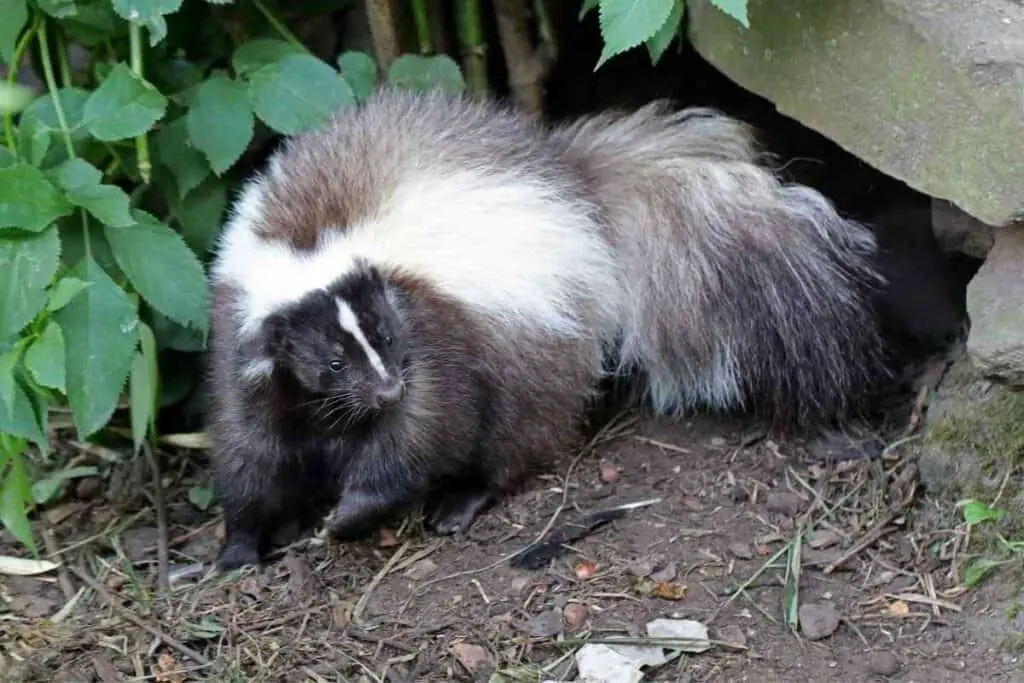
As omnivores themselves, skunks utilize this to their advantage and are one of the common animals found in North America.
But why ants?
Ants are a common diet for many animals, including some human societies. These common insects are highly nutritious, consisting of 40% fat and protein.
When a skunk comes across an ant nest they know that there will be many ants inside, and can make a decent meal out of them.
The majority of the animals in the skunk’s diet is made up of insects, and alongside bees, ants are one of the most common species that they eat.
This is not surprising, considering that ants make up one of the top four most common insect orders in North America. Ants keep skunks satisfied all year round, especially in the warmer months.
What Other Animals Do Skunks Eat?
Skunks are scavengers.
In American homes, it is not uncommon to find one eating out of trash cans or tearing through left-out food.
They will be drawn to the easiest meal possible and human waste is often an easy solution in cities and suburbs alike.
Naturally, this is the way that they have adapted, but before trash was readily available, skunks used to look elsewhere for foraging and feeding and naturally eat many animals.
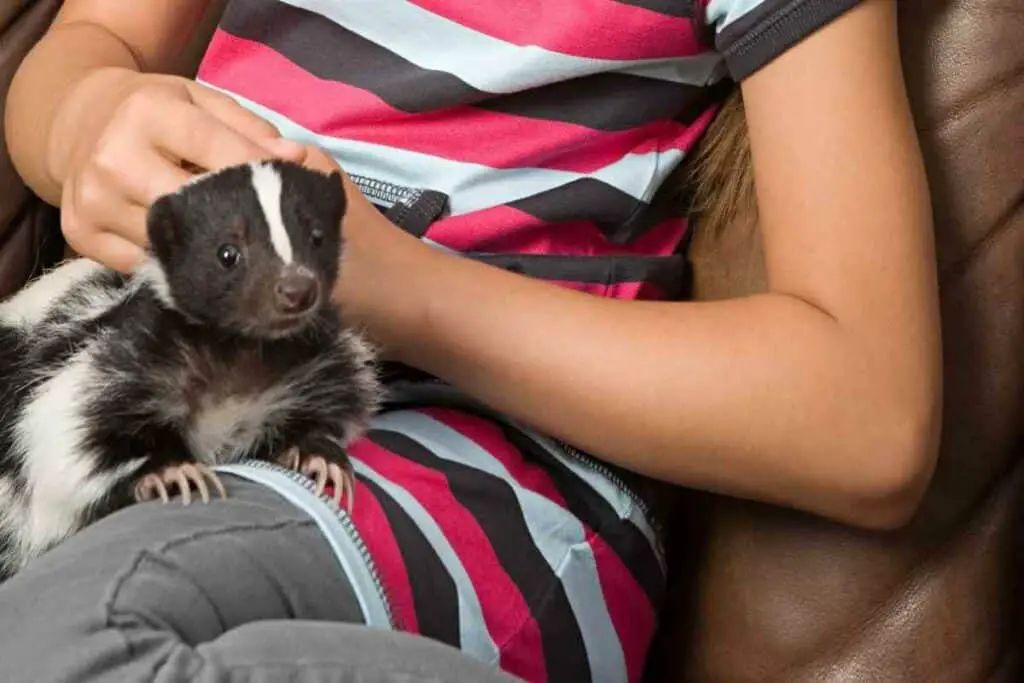
These creatures use their keen sense of smell to locate their meals and hunt mostly at night as they are nocturnal.
What they find depends on the location and what season the skunk is hunting.
In spring and summer skunks depend mostly on a carnivorous diet because animals are more present and are easy targets for the creatures.
Skunks are one of the chief concerns for beekeepers. Bees are the skunk’s primary prey, and these animals are keen hunters.
After staking out a hive, a skunk will scratch its way inside and eat whatever it can find. One reason that this is possible, is the skunk’s natural immunity to venom, which also allows them to hunt for snakes.
Skunks use their large claws to secure their prey, dig and forage through thick brush.
They will eat almost anything; they are not known for being fussy eaters.
In the Winter: Leaves, fungi, and plant matter make up a majority of their diet, but a skunk will happily eat animal carcasses if they come across it on the forest floor.
Should I Feed a Skunk?
In 17 states, it is legal to keep skunks as a pet and they are common in many houses as scavengers.
While skunks naturally eat ants and other insects, there might be situations where people feel that they must feed the animals themselves.

When feeding a pet, or taking care of a wild skunk, it is important to know what is safe to feed them, and how to go about getting it to them.
Here are some key points to address when considering feeding a skunk.
1. Contact Wildlife Control
The first thing you should do before considering feeding a skunk is contact pet-control.
These animals are not dangerous but can bite or scratch and potentially carry diseases.
The skunk in your house will probably have fed recently, and wildlife control services have the training to best make sure the skunk in your house is healthy and safe.
2. Ensure They Have a Healthy Diet
Like most scavengers, skunks are desperate for fatty foods and protein.
However, feeding them too many foods with low nutritional value is bad for your pet.
The best food to feed your pets, or leave out for local scavengers, should consist of a mix of fruits, vegetables, and grains.
The occasional bit of meat or yogurt can be mixed in occasionally.
3. Feeding Wild Skunks
In many states, it is considered to be illegal to feed wild animals.
The skunks around your home are attracted to it because it is already a likely food source.
Encouraging this behavior will attract more and increase the animal’s reliability on you for feeding.
This can change the animal’s behavior and be unhealthy for the animal.
4. How Often to Feed a Skunk
Skunks should be fed twice a day.
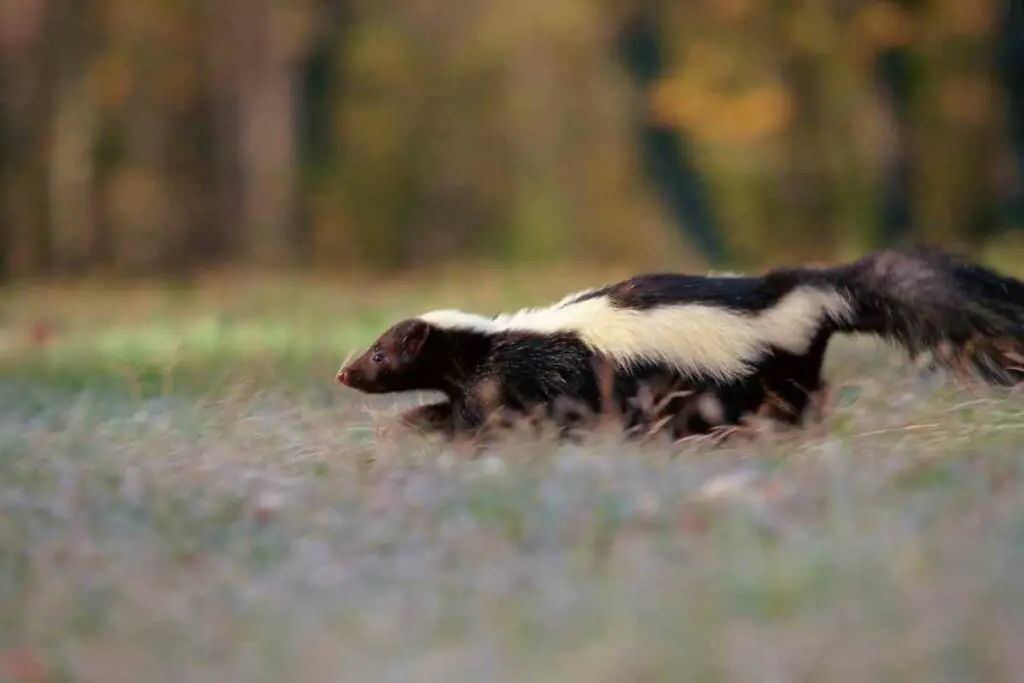
On average, the animals weigh less than 10 pounds and only need to be fed in very small portions.
It is encouraged to be careful with portioning, as these animals will likely eat however much you give them.
Conclusion
In most cases, skunks are wild animals.
Like all animals, these creatures rely on consistent food sources to survive.
Ants are a good healthy food source and very common in nature.
Eating habits like this are naturally easy but hard to replicate in a home.
It is important to understand how common animals like skunks feed, although it is not advised to undertake this feeding yourself when avoidable.

